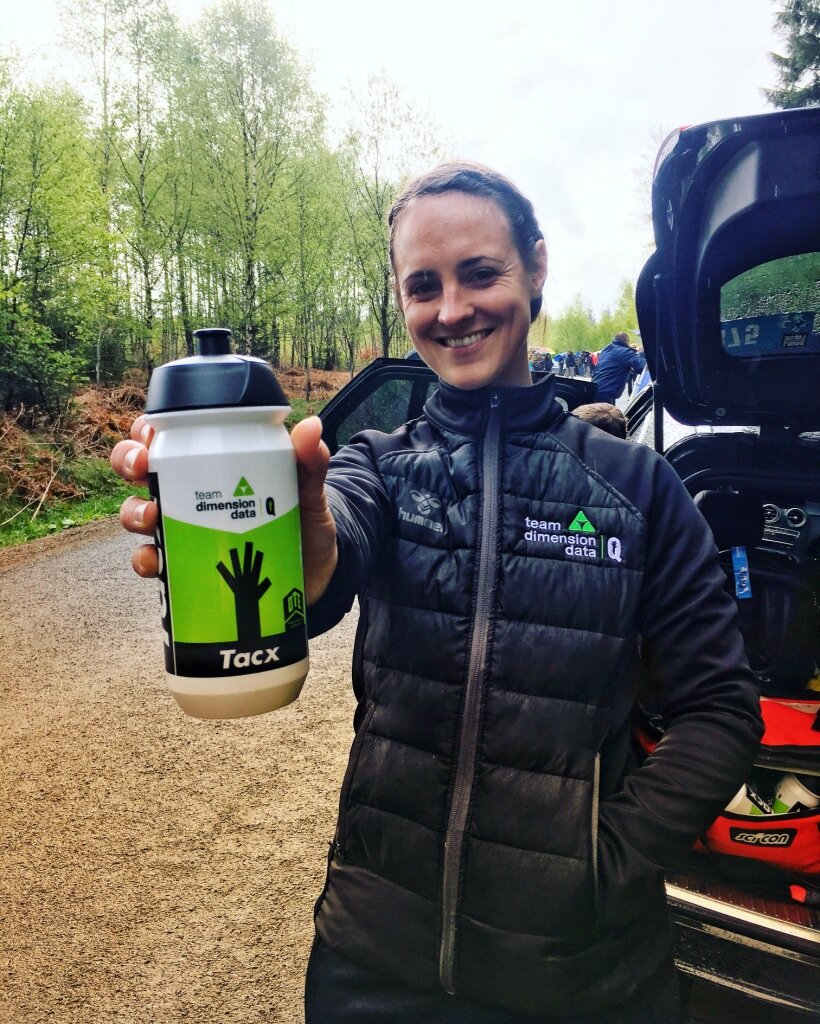The sugar free deception
Welcome to the sugar free deception where supposed “sugar free” recipes use maple syrup, agave, coconut blossom syrup, coconut sugar, dried fruit or other alternatives and claim to be a healthier alternative to old fashioned table sugar
The reality is that they also contain sugar.
Enter the sugar free deception.
Recently I was asked to comment on some recipes from a certain celebrity 'sugar-free diet book'.
I analysed the recipes and NONE of them came even close to being legitimately sugar free, let alone low in sugar.
The recipes I analysed each contained between 12-26g of sugar per 100g because of the ingredients.
I think it's a bit of a wolf-in-sheeps-clothing situation when a recipe claims to be sugar-free when it is actually high in sugar sourced from maple syrup or honey or dates
There are clear legal requirements for food and nutrition claims that can be made on food labels.
I would love to see these applied to ‘diet books' and recipes that claim to be low in fat or sugar.
How can someone claim that a recipe is sugar free when the amount of maple syrup, dates, agave syrup or honey that it contains provides 25% of total energy from naturally occurring sugars?!
What is low sugar and sugar free?
In case you're not familiar with sugar labelling requirements, in Europe the following apply to any food products wanting to make a label claim:
Sugar free contains less than 0.5g sugar per 100g or 100ml
Low sugar contains less than 5g sugar per 100g or 100ml
On the opposite end of the spectrum, a food that is:
High in sugar contains >22.5g sugar per 100g or 100ml
Moderate in sugar contains between 5g and 22.5g of sugar per 100g or 100ml
Sugar is naturally present in a wide variety of foods and comes in many different shapes and forms.
Some natural. Others not so natural.
To truly go completely 100% sugar free you have to cut out many, many nutritious foods. Even vegetables contain small amounts of sugar.
Lots of these so-called sugar free recipes heavily utilise sugar alternatives like agave syrup, rice malt syrup, coconut blossom sugar, palm sugar, honey or maple syrup.
At the end of the day though, they are all still forms of sugar.
They might not contain quite as many calories as your standard table sugar per 100g, but if a recipe requires you to add twice as much (to make it sweet and taste nice), chances are you are increasing your sugar intake in the process.
Just because something contains sugar naturally doesn't mean they are bad for you. However, it doesn't automatically mean that it's a healthier choice and reason to go overboard either.
Make small reductions to your overall added sugar intake
Why not make small changes to reduce your overall added sugar intake?
If you currently add 2tsp of sugar to your coffee, reduce it by 1/2 a teaspoon and gradually wean yourself down.
Your taste buds will adapt over time and get used to the lower sugar and sweetness.
You might find that you don’t even need that sugar at all after a few weeks.
Just don’t let a supposedly ‘sugar free’ recipe deceive you in thinking your sugar intake is reduced.
Gemma
Fuel your cycling with confidence
Do you want to know how best to fuel your training sessions? Are you keen to lose weight and optimise your performance?
The Cycling Nutrition Framework will fuel your cycling goals.



